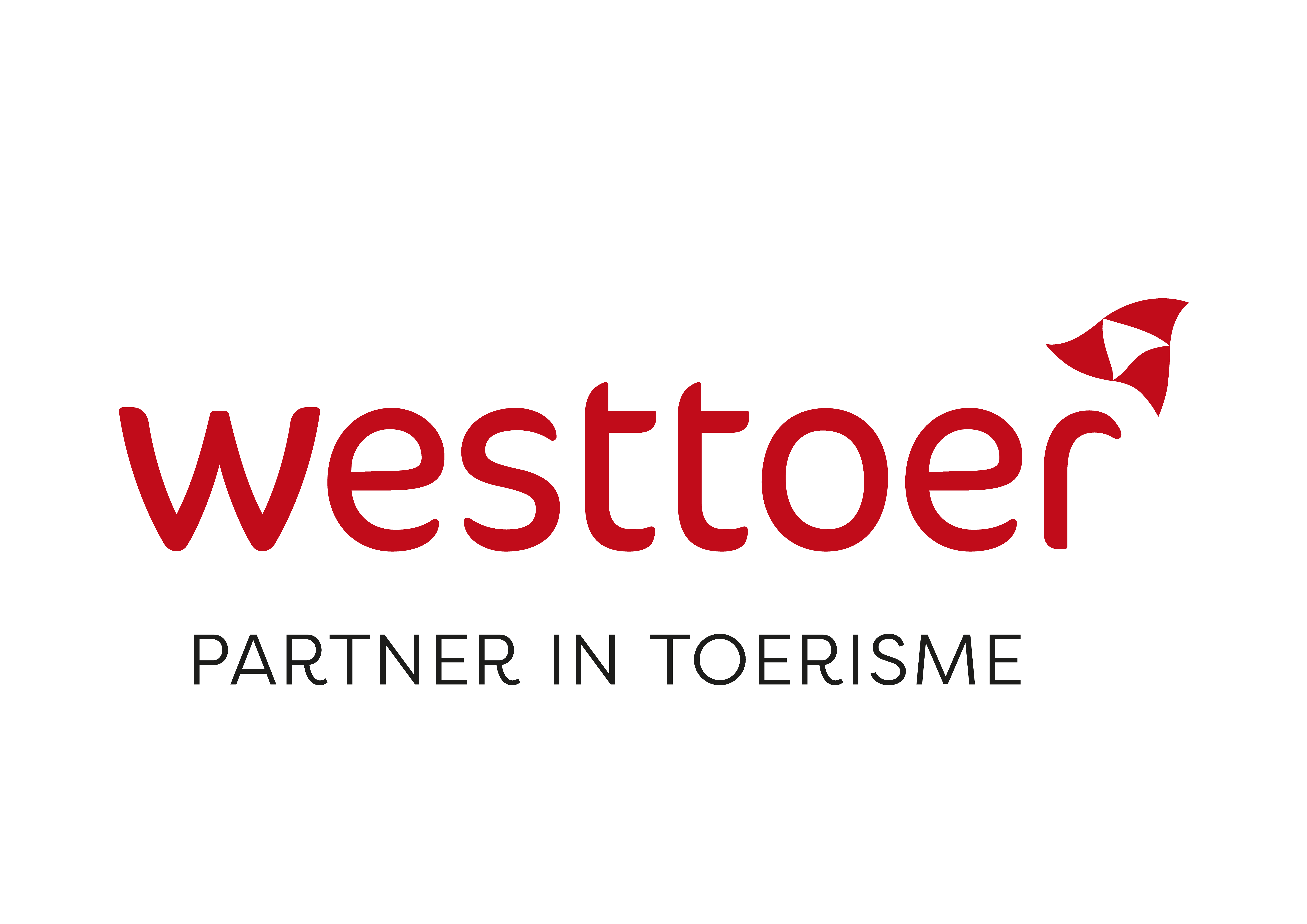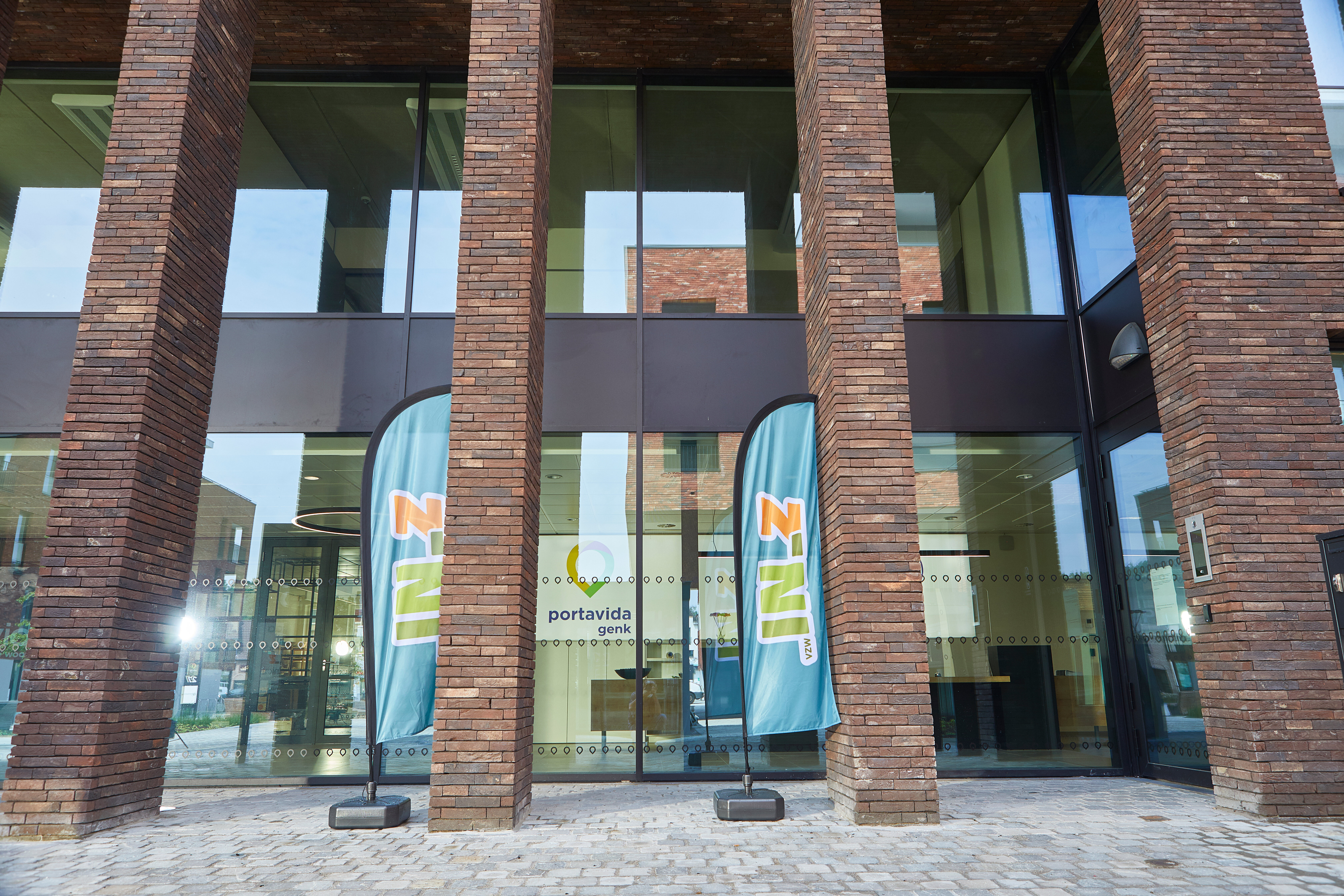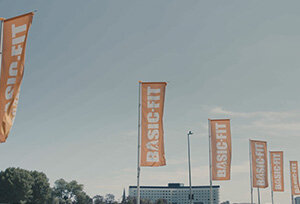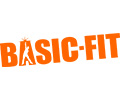
Be inspired to improve the health and employability of your workers. As an expert in the field of workplace prevention, safety and health, Mensura provides clients with personalised advice and custom solutions to meet the needs of their business, not only in terms of legal compliance, but in all aspects of the workplace. Together with your organisation, we will set a number of specific, measurable targets that we will achieve as a team.
Mensura is here to inspire you
27/05/2025
What is the Legionella management plan?
27/05/2025
What is the Legionella management plan?
Some companies are required to prepare a Legionella management plan. When must this be done and what exactly does it entail?
21/05/2025
One year of the ergonomics decree. Is your organisation in compliance?
The decree on ergonomics entered into effect one year ago. What impact is it having on the workplace and why is it so important for employers to invest in ergonomics?
13/05/2025
Almost 4 out of 10 Belgians do not call in sick for a single day
Almost 4 out of 10 Belgians are not sick for a single day during the year according to a Mensura survey of nearly 60,000 employees.
Mensura is here to assist you
Your employees are the driving force behind the success of your organisation. They help your business thrive and grow. Yet, there may be some hurdles to overcome. Our ambition is to help you actively reduce absenteeism among your workforce.
Healthy employees
Employees who are physically and mentally fit are more resilient, less likely to be absent from work, and lead to greater productivity.
Mensura activates your workers
Optimal working conditions
Mensura addresses potential hazards in the workplace in terms of ergonomics, occupational safety, environmental issues, industrial hygiene and toxicology.
Mensura improves working conditions
Minimal absenteeism
An effective policy to reduce absenteeism is based on numbers, root cause analysis and a targeted, company-specific approach.
Mensura helps long-term absentees reintegrate








